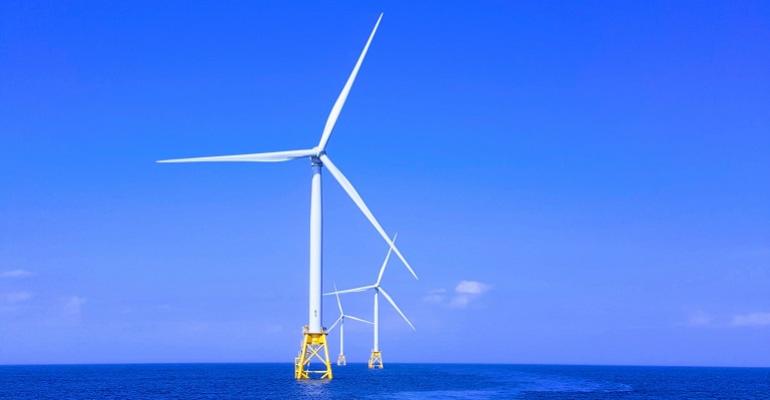The US Government Accountability Office (GAO), an arm of Congress that investigates implications of existing legislation or matters being considered by the Legislative branch, has said that it would take a deeper look into matters “relating to the potential impacts of offshore wind energy development”.
Congressional Representative Chris Smith, a Republican, who pushed for the GAO involvement, is a Republican whose district encompasses parts of the Jersey Shore. In a release, he said: “This aggressive, independent investigation into the ocean-altering impacts of the 3,400 offshore wind turbines slated for the Jersey Shore will help address the wide-ranging questions and concerns that the Biden Administration and Governor Murphy continue to dismiss as they plow full steam ahead with this unprecedented offshore wind industrialisation of our shore.”
This latest development is part of an ongoing political tussle surrounding offshore wind with several projects off the New Jersey coast getting closer to closer to actual development following final approvals by the requisite Federal agencies. The catalyst for the furor is the increase in deaths of whales along the Atlantic shores of New Jersey, as well as off Long Island, in New York state, which some opponents feel is tied to activities related to offshore wind; deeper issues concern quality of life at the seashore.
There are political overtones as well; during the Trump years, approvals for offshore wind project slowed down, with the Biden administration seeking to advance offshore wind. Indeed, the vaunted Inflation Reduction Act of 2022 (PL 117-169), a centerpiece of Biden’s, included nearly $1 billion towards planning for distribution of electricity emanating from offshore wind, as well as tax credits for projects tied to renewable energy.
Another watchdog, the Congressional Research Service (CRS), explains: “The primary federal tax provision supporting offshore wind is the energy investment tax credit (ITC). This provision provides a 30% tax credit for offshore wind projects that begin construction before January 1, 2026.”
The CRS adds: “Tax Credit for Manufacturers. Section 13502 of the IRA provides a new tax credit for the domestic production of wind components and related goods such as specialized offshore wind installation vessels. For offshore wind vessels, the credit is 10% of the sales price. For other offshore wind components, the credit is a function of the type of component and the total rated capacity of the project, with credits available for blades, nacelles, towers, and offshore wind platforms. Taxpayers investing in establishing, reequipping, or expanding offshore wind energy manufacturing facilities also may be eligible for an allocation of an advanced energy project credit.”
The upcoming GAO investigation requested by Rep. Smith, along with other Republicans in Congress,
is a battle in the larger political spat. It will include several components. In the letter to the GAO, Smith and his fellow legislators asked the GAO to examine a wide range of concerns, including maritime safety, commercial fishing activities and management - a big concern in coastal New Jersey, marine ecology including whales and dolphins, and how resilient the offshore wind infrastructure might be to hurricanes and extreme weather.
Earlier this year, Smith had tried to get a GAO review included in legislation introduced in the House of Representatives, which easily passed. In the Senate, on the other hand, where a similar bill was introduced, the Majority Chair (Democratic- NY), Senator Charles Schumer, declared the bill “Dead on Arrival”.
Resource: CRS Report https://crsreports.congress.gov/product/pdf/IN/IN11980
Copyright © 2024. All rights reserved. Seatrade, a trading name of Informa Markets (UK) Limited.
Add Seatrade Maritime News to your Google News feed.  |

